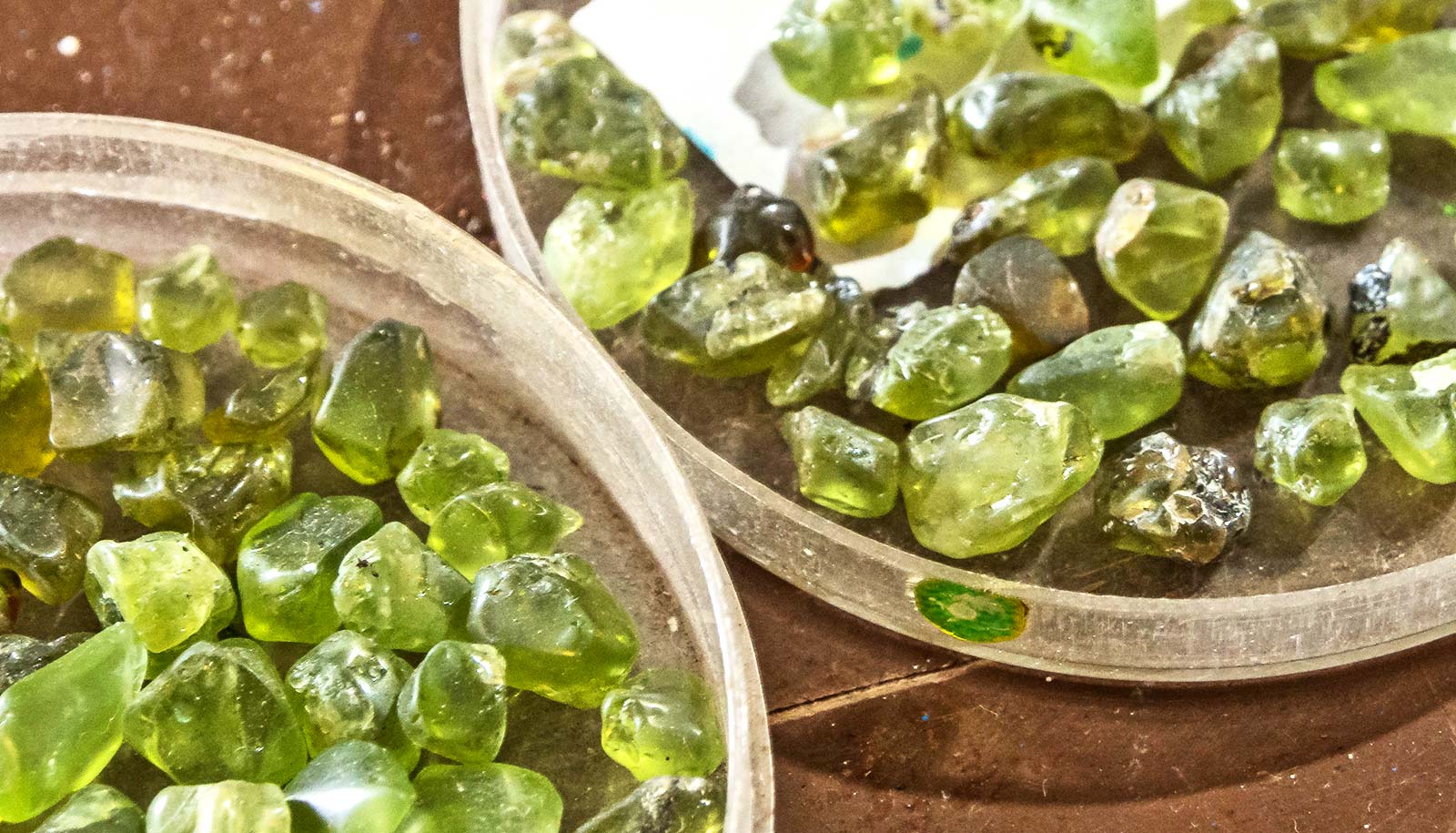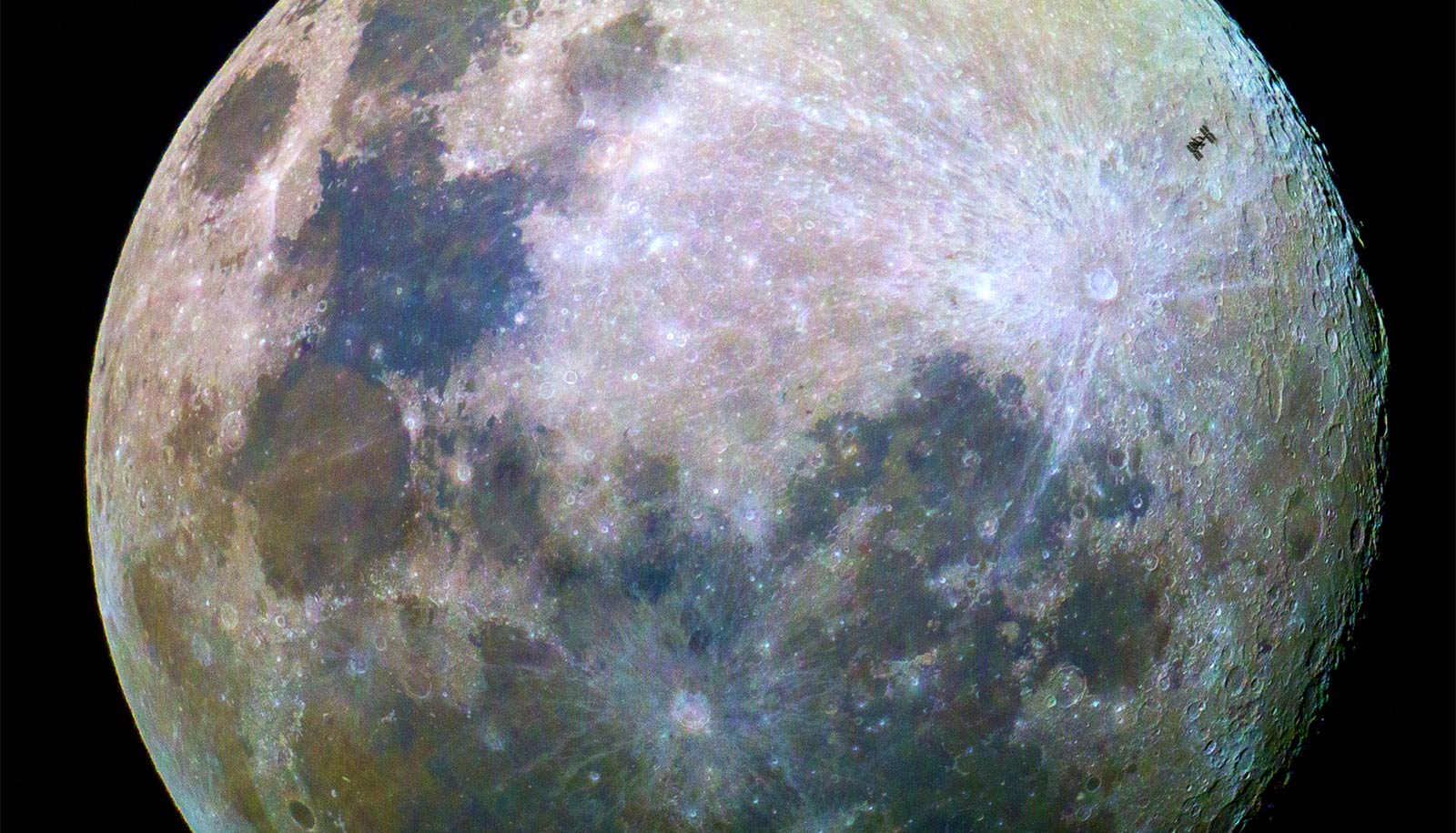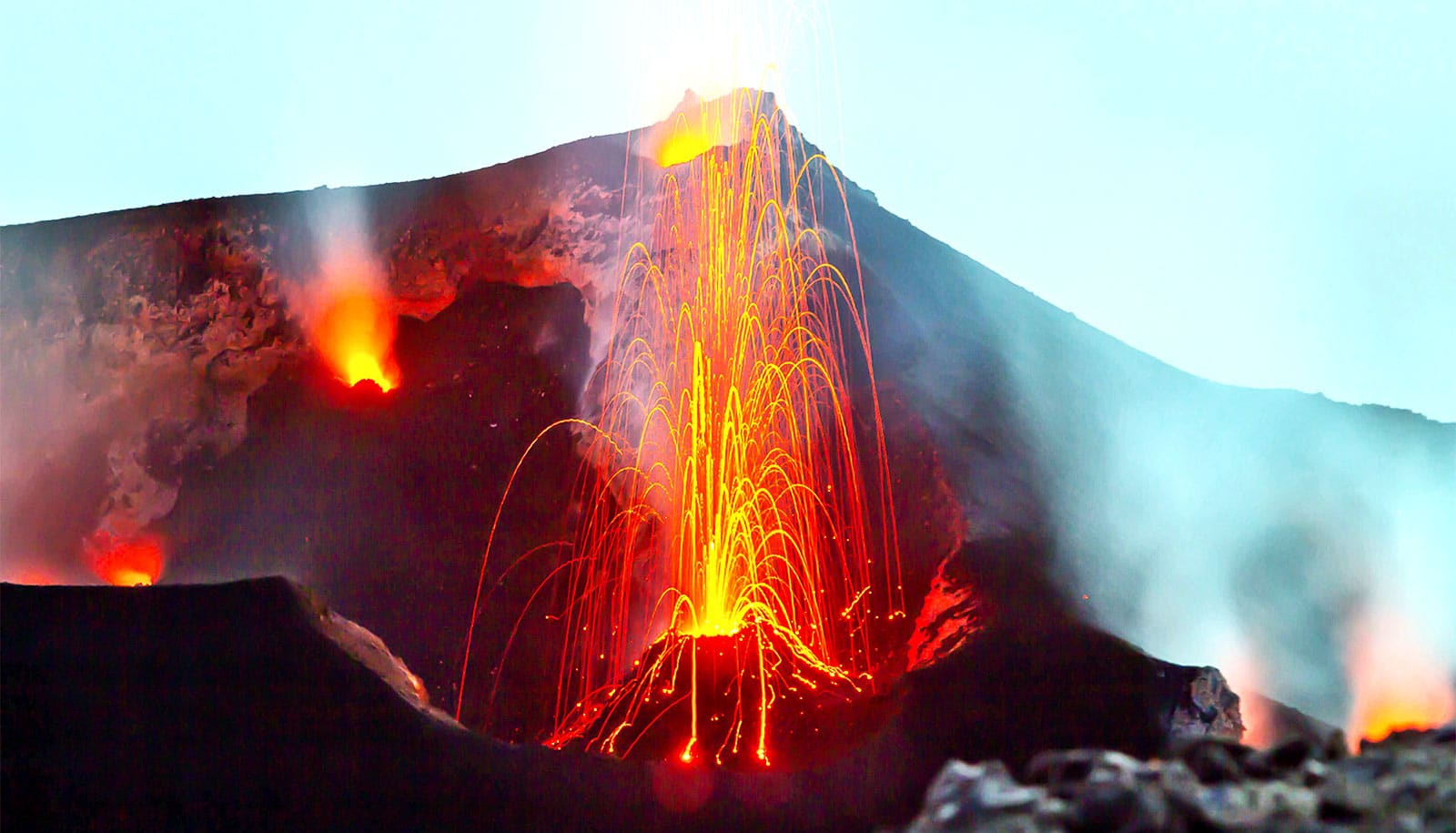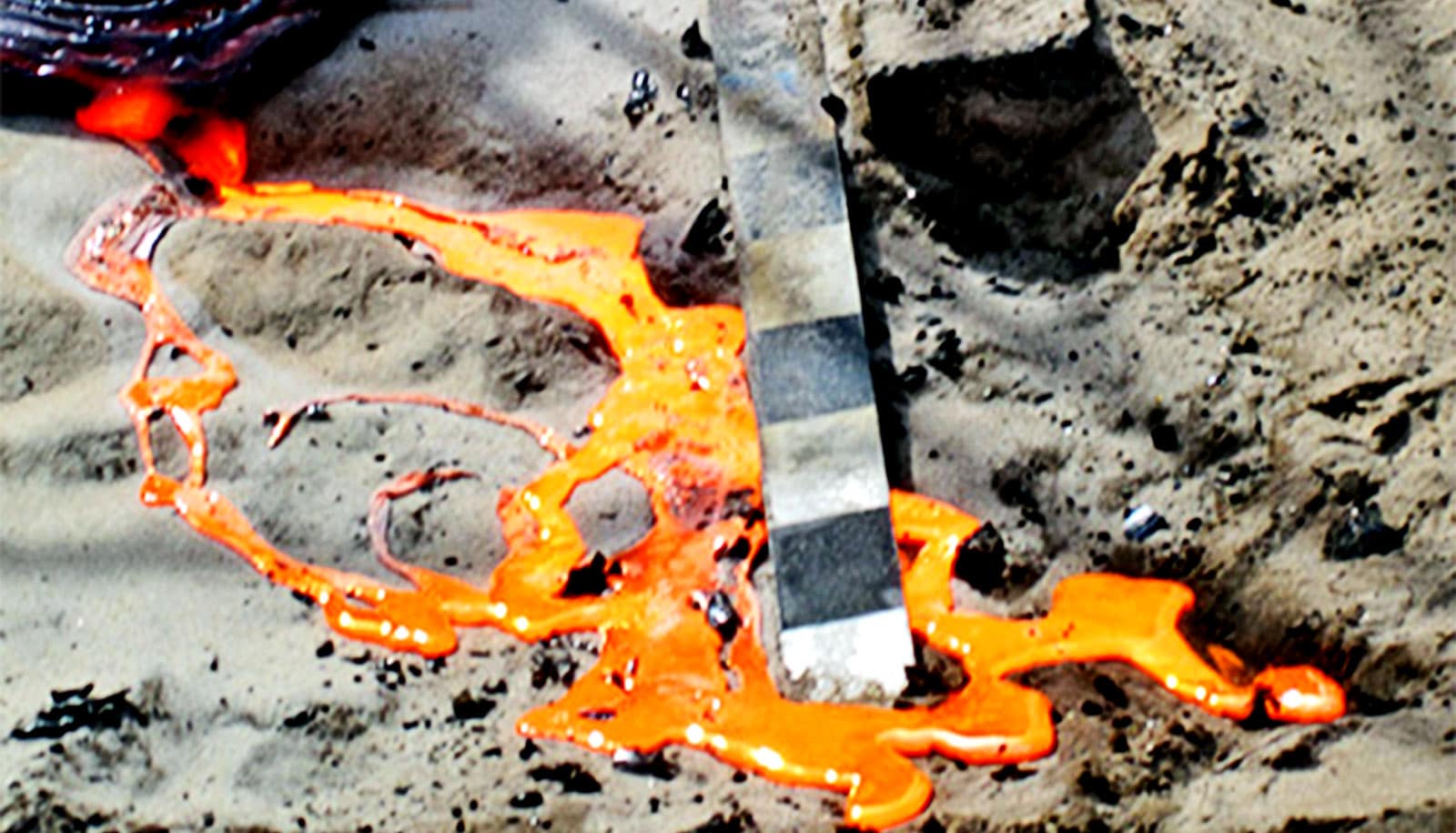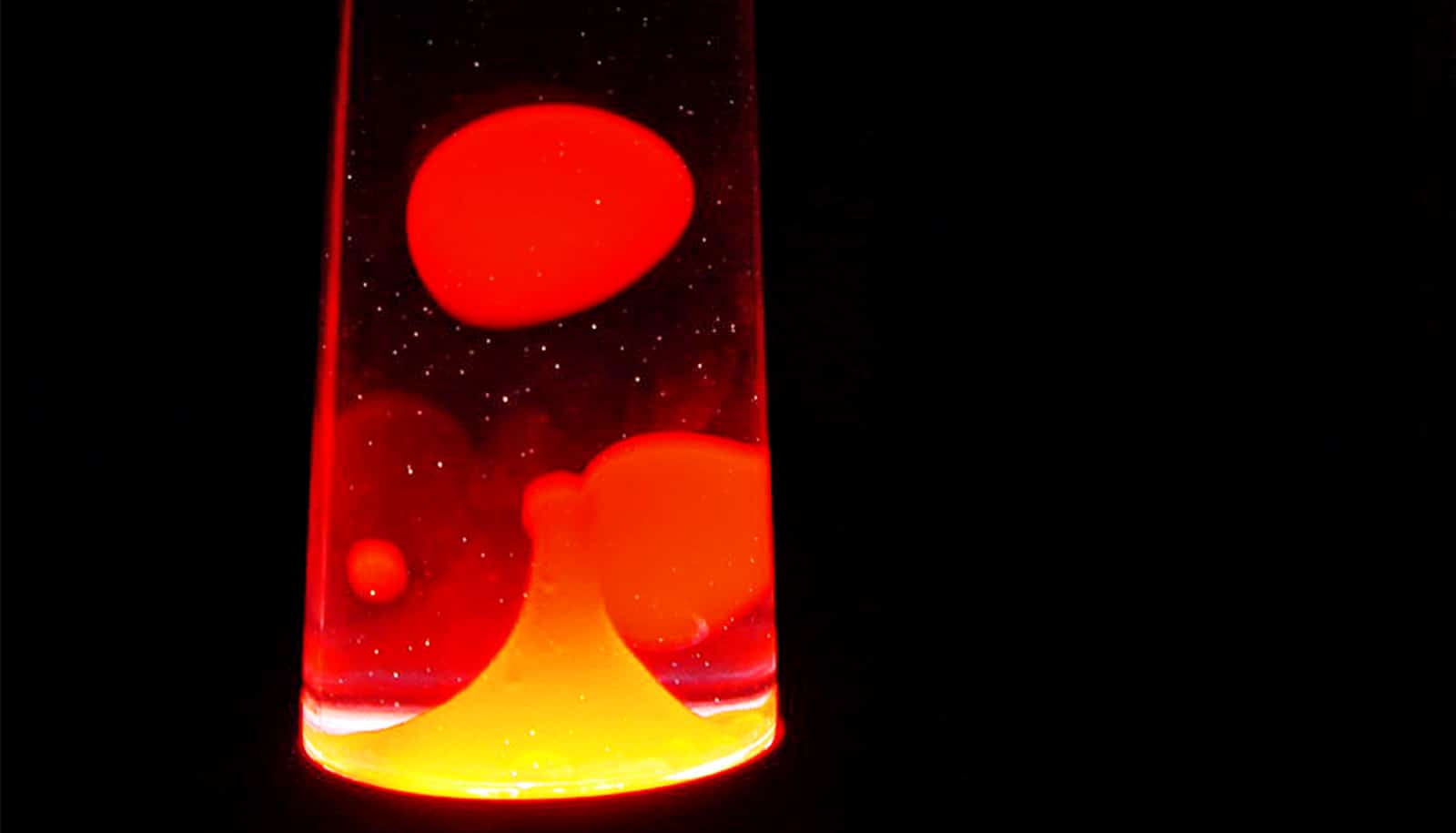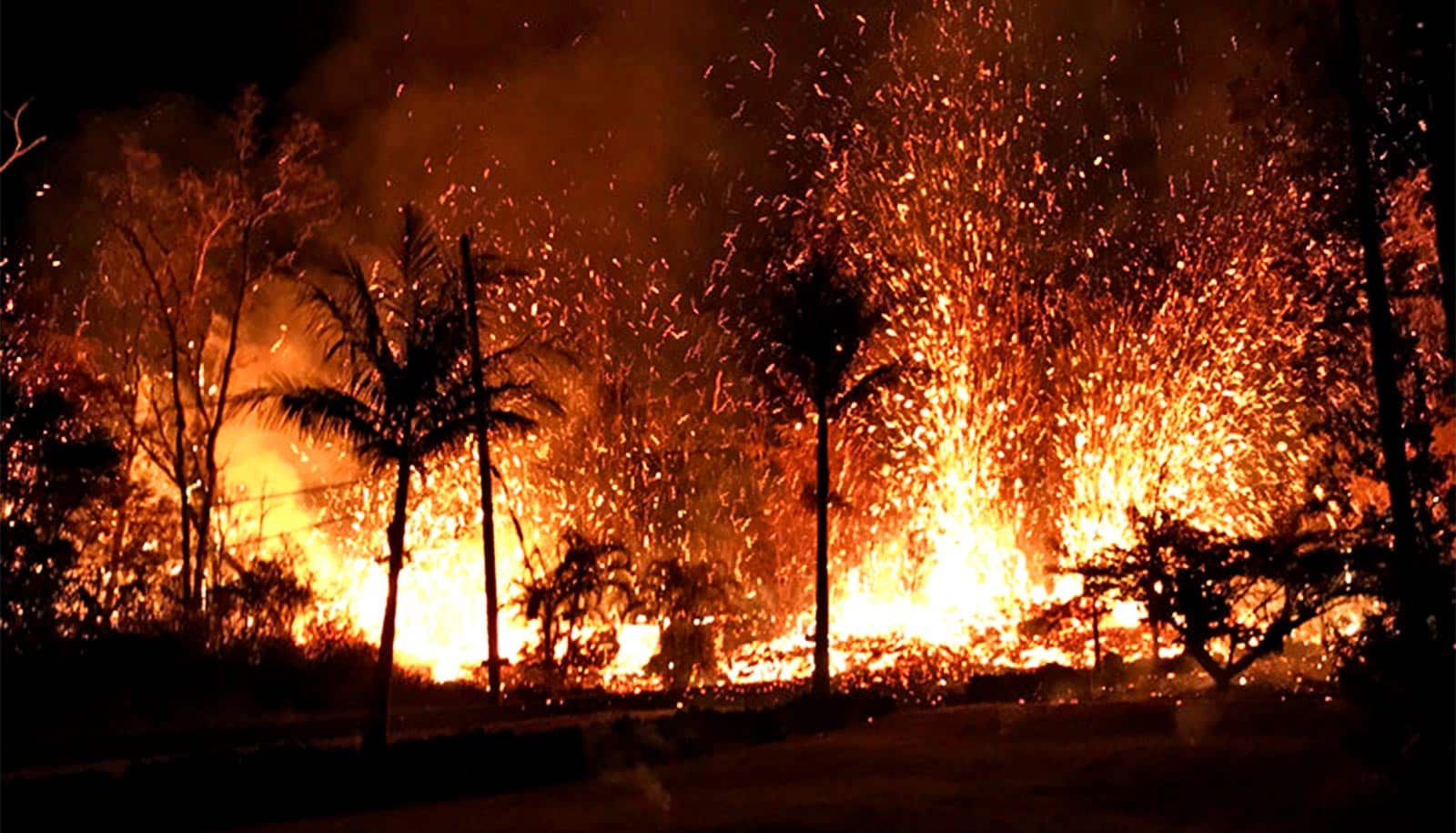Why can’t we throw all our trash into a volcano and burn it up?
Volcanoes might seem like nature’s incinerators, but using them to burn up trash would be dangerous and disrespectful to indigenous people who view them as sacred.
Emily Johnson, Research Geologist, US Geological Survey •
conversation
Jan. 3, 2022 • ~5 min
Jan. 3, 2022 • ~5 min
Chang’e-5 samples reveal Moon rocks dating back less than 2 billion years – the youngest we've seen
A key goal of the Chang'e-5 mission was to find evidence of some of the youngest volcanic eruptions on the Moon.
Romain Tartese, Senior Research Fellow, Department of Earth and Environmental Sciences, University of Manchester •
conversation
Oct. 7, 2021 • ~6 min
Oct. 7, 2021 • ~6 min
Magnetism of Himalayan rocks reveals the mountains' complex tectonic history
Earth's magnetic field locks information into lava as it cools into rock. Millions of years later, scientists can decipher this magnetic data to build geologic timelines and maps.
Craig Robert Martin, Ph.D. Student in Earth, Atmospheric and Planetary Sciences, Massachusetts Institute of Technology •
conversation
Nov. 2, 2020 • ~9 min
Nov. 2, 2020 • ~9 min
‘Crystal clocks’ used to time magma storage before volcanic eruptions
The molten rock that feeds volcanoes can be stored in the Earth’s crust for as long as a thousand years, a result which may help with volcanic hazard management and better forecasting of when eruptions might occur.
Cambridge University News •
cambridge
July 18, 2019 • ~5 min
July 18, 2019 • ~5 min
/
3

